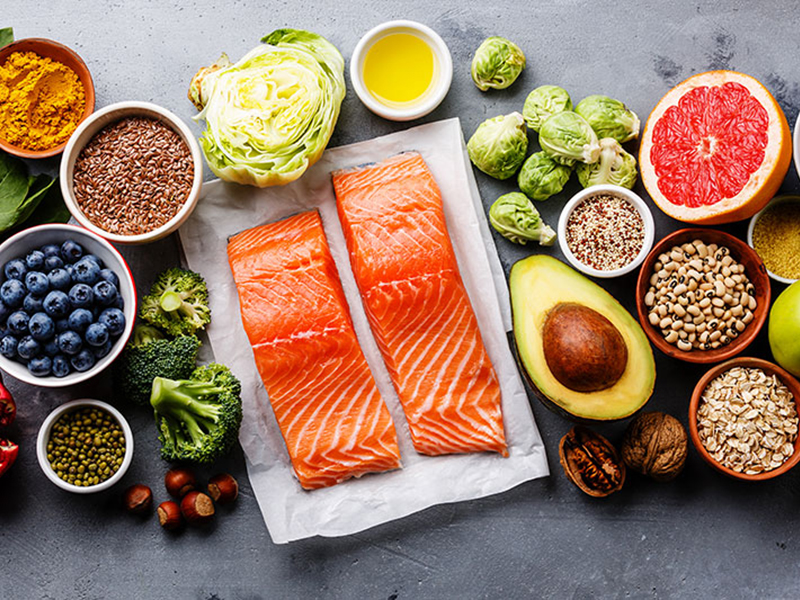Queens College’s Nutrition and Dietetics Club is a space for students interested in developing a better understanding of food and their health. It is also devoted to providing students with numerous opportunities to establish a career in this field after college, through opportunities such as volunteering. While many of the club members are Nutrition and Exercise Sciences (FNES) majors like Physical Education or Nutrition and Dietetics, it is by no means a requirement to join. Although having majored in this subject is not necessary to be a part of the Dietetics Club, it is imperative to take note of the goal of the FNES department, as its core values often intertwine with that of the club.
The FNES Department is located in both Remsen Hall, room 306, and the Fitzgerald Gym, room 203. The part of the department located in Remsen Hall is focused primarily on the field concerning consumer and family sciences, nutrition and dietetics, and textiles and apparel, while the exercise science and physical education is housed in Fitzgerald gym. As claimed by the department’s official mission statement, the principal focus of the department lies in delivering new ways, “…To apply current knowledge to enhance the health and well-being of individuals, families, and communities in an increasingly global society.”
The club’s mission statement follows a similar goal, as it intends to, “… Educate its members, the Queens College Campus, and the community about nutrition and wellness.” While these words are captivating, it makes one wonder what the club accomplishes for our fellow students. The answer is that it presents the campus with an abundance of professional advice and experts in the field of nutrition. Such expert advice includes virtual meetings with dietitians over Zoom, which offer myriad opportunities to ask them questions concerning not only the vast world of nutrition, but also professional career advice for life after college.
The leader of the Dietetics Club, Amanda Rodriguez, a senior majoring in Nutrition and Dietetics, reinforces the idea of this supportive environment designed, “To educate its members and the community about nutrition and wellness. It’s designed to create a support system for members and open opportunities for career preparations as future dietitians. Preparations such as getting RDNs (Registered Dietitian Nutritionists) to present about a topic, and internship directors or coordinators.”
In addition to this, if club members continue to participate in events and attend five meetings, they will earn a certificate that not only shows their membership, but can also be added to their resume. This will undoubtedly be useful if they wish to pursue a field in nutrition, demonstrating to potential employers one’s devotion to FNES outside of academics. The club also offers photo shoots for professional LinkedIn profile pictures, available to all members.
With these useful tools in the hands of those intrigued by dietetics, it begs the question: “What do members think about the food on campus?” To the average starving college student, the nutritional value of their food likely does not concern them very much. It is pertinent to also consider those who have certain dietary restrictions and how they are represented on campus when it comes to these food options.
Club member Alexandra Poltorak, a sophomore majoring in Nutrition and Dietetics, commented on the choices at campus, “I appreciate the new options on the campus this semester. Although I can’t comment on the nutritional value of the meals, they are great and fairly priced. I like how they have something for everyone including those who follow dietary restrictions like Kosher or are vegetarian.” When asked further about the nutritional value, she added that she could not remember seeing any reference to the food she was buying for calories, sugar, or other nutritional facts. While this does not apply to all food at QC, it does open the discussion to a whole new topic, regarding the degree to which we should have nutritional facts on our food.
Students can contact the FNES Department and the Nutrition and Dietetics Club.











